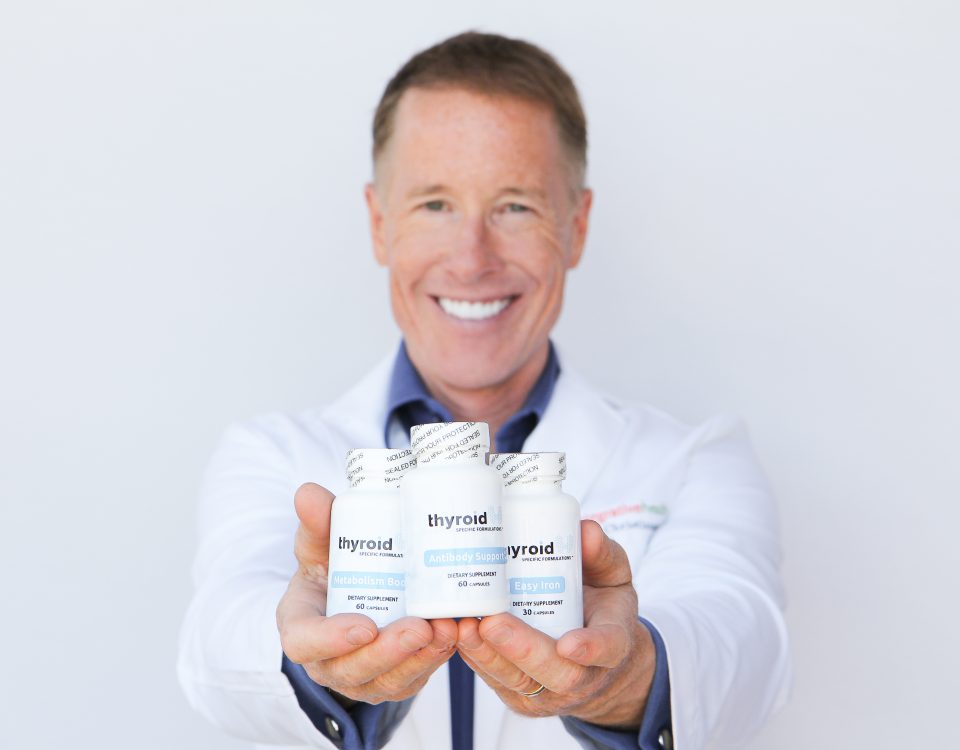According to the Anxiety Disorders Association of America 2010, more than 40 million American adults suffered from anxiety. Anxiety causes almost a limitless number of symptoms. These can include racing heart, numbness and tingling of the hands and feet, headaches, irritable bowel syndrome, joint pain, insomnia, fatigue, dizziness, skin rashes, breathing difficulties, and panic. What is anxiety, and how is it different from fear? Fear is a normal response to an immediate stress or danger. Imagine how you would feel if you were being chased by a tiger. Anxiety is the same type of response, but without an apparent immediate danger. One of the more difficult parts about anxiety is that since there’s not an apparent trigger, it seems more likely that the symptoms are coming from something else. One of the biggest steps in recovering from anxiety is simply the recognition that anxiety is real and it can cause very physical symptoms.
Why are we prone to experience anxiety? Through no planning or foresight, survival rewarded our ancestors who were more on the anxious side. Imagine two adjacent caves. In one cave lives Grog, In the neighboring cave lives Ugg. Grog is prone to anxiety; Ugg is not. One night while both cavemen are fast asleep, there is a loud ruckus in nearby trees. Ugg assumes the noise is from the wind and goes back to sleep. Grog panics like he normally does, grabs his spear and hides in the corner of his cave. Although Ugg is more likely to get a good nights sleep, the more anxious Grog is more likely to survive. Over the millennia, Grog’s descendants survived to had many more children then Ugg’s did.
There are many steps that can help us reduce her anxiety. One of the best ones to start with is good management of blood sugar. How can this help anxiety? When we feel anxious, our bodies release a stress hormone called cortisol. Along with managing the fight or flight response, cortisol has many other important jobs. One of the biggest ones is controlling our blood sugar. When our blood sugar lowers, cortisol raises it back to normal range. This is why we can feel edgy or upset when we miss a meal.
If low blood sugar makes us feel anxious and sugary foods raise our blood sugar it would seem that they would help anxiety. In fact, the exact opposite is true. Because sugary foods raise our blood sugar so fast, they cause it to drop more than missing a meal would. In fact, when we eat sugar, our blood sugar is apt to drop off badly for several days afterward.










